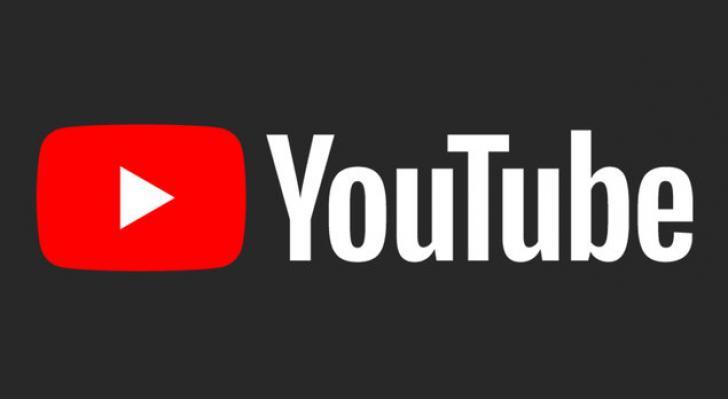In the past, YouTube has faced a lot of backlash from LGBTQ community members and creators. There have been concerns around the platform automatically demonetizing LGBTQ content and placing unfair age restrictions on videos. Last month, controversy arose again after YouTube allowed videos containing homophobic slurs targeting Vox journalist, Carlos Maza, to remain on the site. CEO Susan Wojcicki issued a lukewarm apology to the LGBTQ community for the decision but continued to stand by it.
Now, it seems LGBTQ YouTubers have had enough. A group of creators — including Brett Somers, Lindsay Amer, Chris Knight, Celso Dulay, Cameron Stiehl, Chrissy Chambers, and Chase Ross — sued YouTube and its parent company, Google, claiming that YouTube discriminates against their content. In addition, part of the suit’s complaint claims that YouTube doesn’t enforce its policies evenly. Instead, producers with large audiences are given passes, even if their content is homophobic or transphobic.
The lead attorney for the plaintiffs, Peter Obstler, told the Washington Post that the discrimination mentioned in the lawsuit is “embedded in the business model” of YouTube. Obstler went on to add:
“By controlling an estimated 95 percent of the public video communications that occur in the world, Google and YouTube wield unparalleled power and unfettered discretion to apply viewpoint-based content policies in a way that permits them to pick winners and losers.”
Concerns around whether or not YouTube’s algorithm is trained to automatically demonetize and restrict LGBTQ videos have been around for some time now. Although Wojcicki recently claimed YouTube’s algorithms are fair, and there are no policies that say putting certain words in a title means it’ll be demonetized, one of the plaintiffs in the suit says his experiences show otherwise.
The lawsuit states that Chase Ross uploaded two videos last month where he reviewed different kinds of tea. The videos centered on Ross’ review, but he purposefully threw LGBTQ-related terms in the video. YouTube ended up marking the videos as restricted.
For members of the LGBTQ community, the ways that social media platforms and companies filter content can have severe consequences. It replicates the idea that LGBTQ narratives cannot be decided and created within the community but must be controlled from the outside.
Recently, Out writer Harron Walker outlined the troubles she faced trying to put together a profile of Río Sofia, a trans woman, and artist. When putting together the online version of the profile, Walker learned that she could not use the same images as in print.
The reason why boiled down to the fact that Pride Media — who owns Out — works with Google Ads. Since Google Ads would pull from any page containing adult themes, the magazine couldn’t publish the image.
“By deciding which images we can post, tech giants like Facebook and Google effectively decide which stories we can tell and how we tell them, something that could have disastrous consequences for journalism, queer or otherwise, if left unchecked,” Walker wrote.
Although it’s hard to tell how the lawsuit will turn out, the pattern of LGBTQ content being restricted and regarded as “adult” is troubling. It opens up new questions about power and just how much companies — like Google — have.

